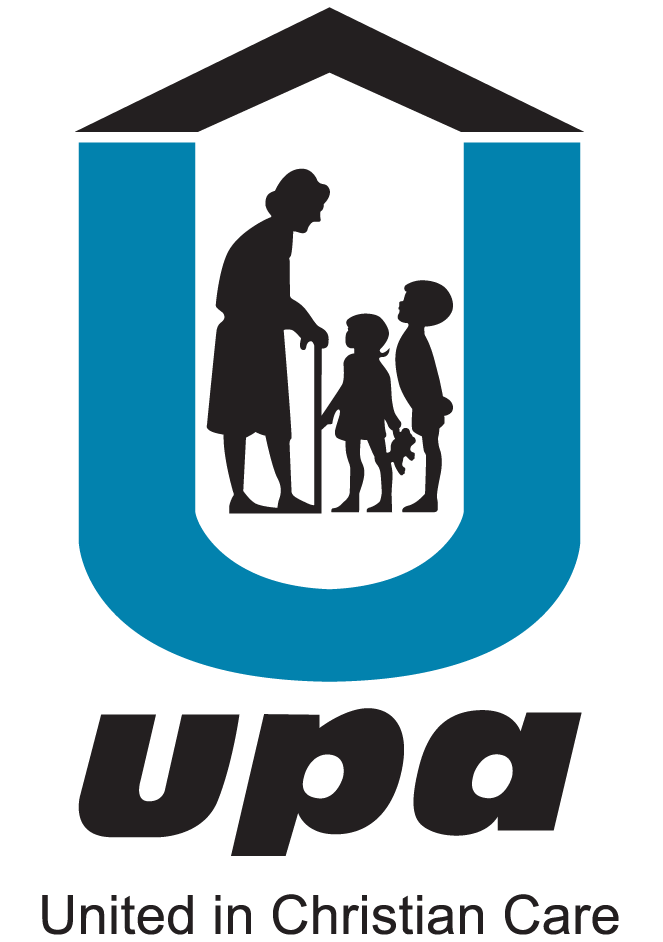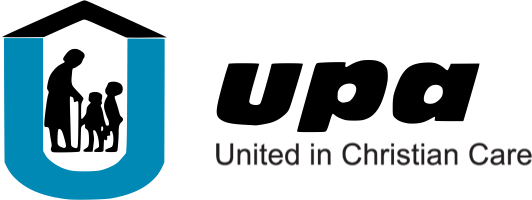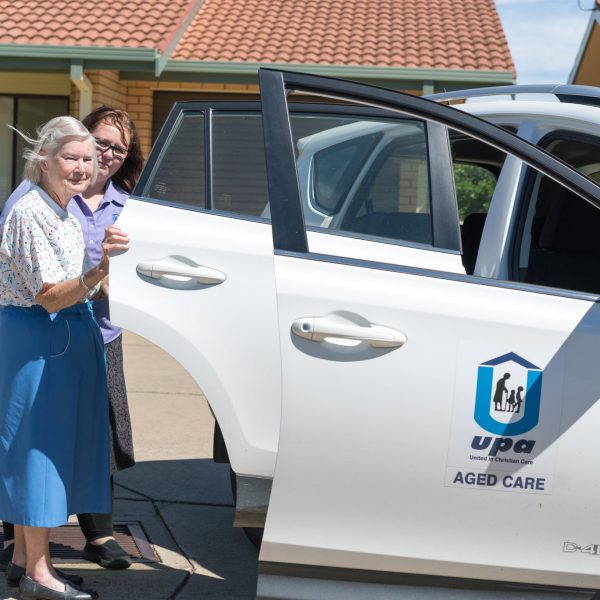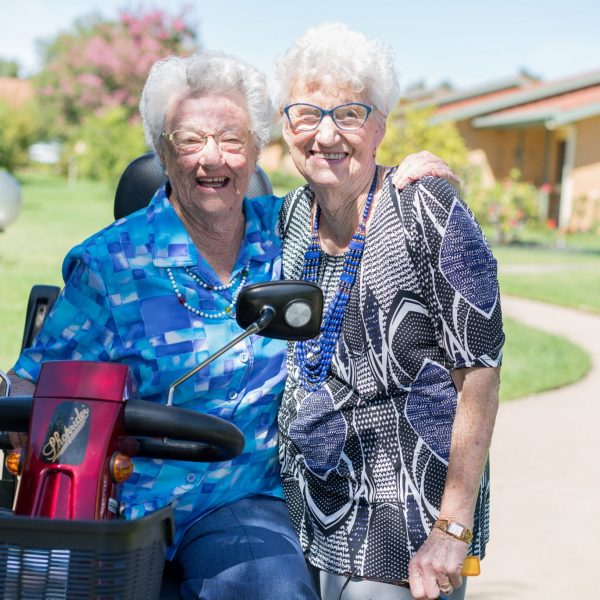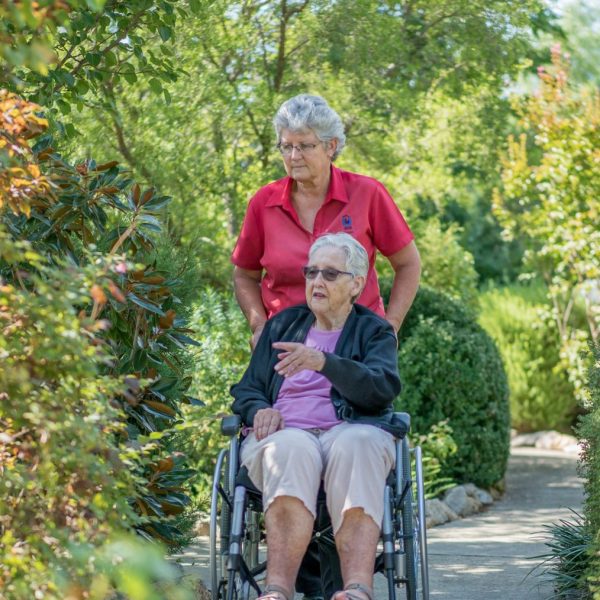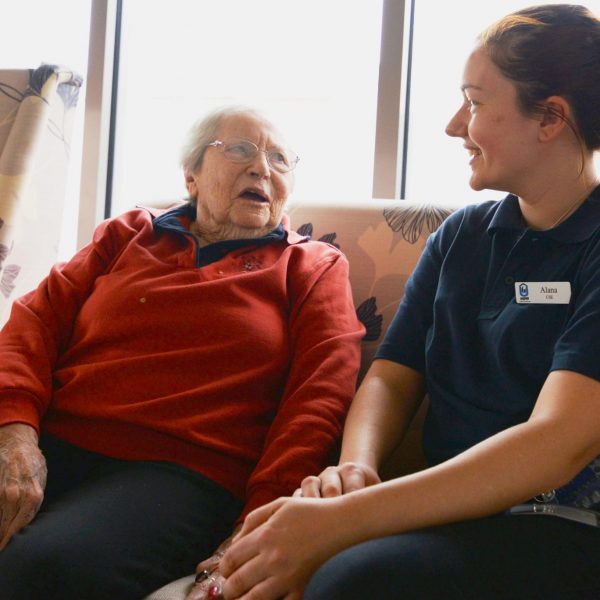About Us
UPA Riverina Murray Region
Mission
Our mission is to offer care of the highest possible standard consistent with UPA’s Christian commitment and the expectations of society.
UPA Values
Strategic Plan
UPA has a current strategic plan both at a local level and nationally. The local plan is currently under review and is expected to be finalised in early 2020.
Annual Reports
Every year we publish an annual report providing an overview on topics such as UPA Murray lifestyle, our objectives, goals and achievements, business status and important changes, in addition to general information about the year.
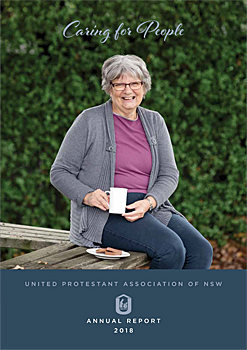
Accreditation and Compliance
Aged Care is a heavily regulated industry and UPA maintains high standard accredited residential and community services and ensures all aspects of regulation and compliance are rigorously observed. This includes accreditation by the Food Authority and a range of other audits and regular checks.
RE Roles and Responsibilities
Each UPA Region has its own governance structure that works to the overall UPA State Board in Sydney. These are known as Regional Executives (RE). The RE is made up of elected UPA representatives of each region and provides essential governance and oversight for the Regional Manager, as well as regional staff.
This decentralised structure allows each region to maintain its own budget and financials and allows some authority and initiative at regional levels.
The RE is made up of volunteers and each RE has one representative on the overall UPA State Board.
UPA Riverina Murray Regional Executives
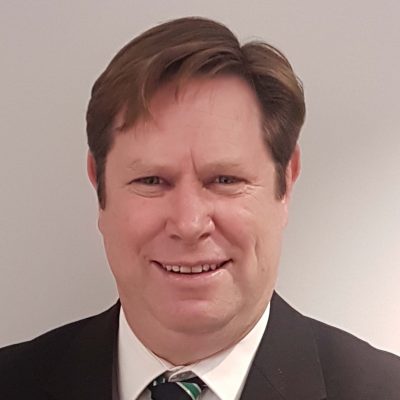
Andrew Harbick
Regional Executive

Jeff Hogan
Regional Executive
Norm Evers
Regional Executive
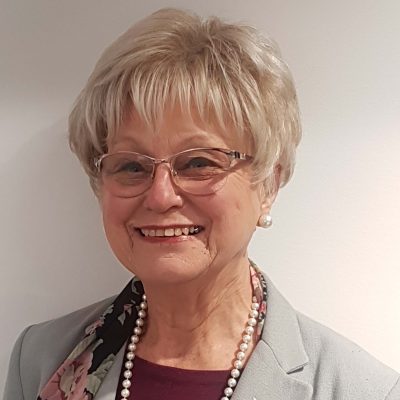
Narelle Ashford
Regional Executive
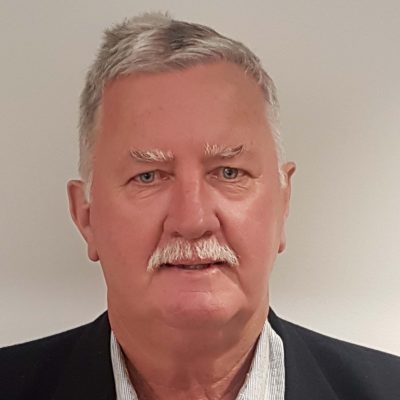
Peter O'Connor
Regional Executive
Pat Ingram
Regional Executive
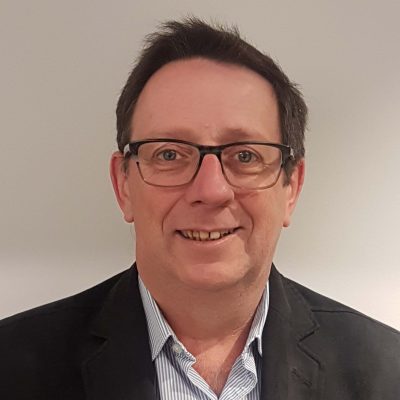
Tony Liston
Regional Executive

Regional Executive

Regional Executive
The United Protestant Association of New South Wales was founded in 1938 as Australia was recovering from the Great Depression and suffering the aftershocks of a massive loss of life caused by WWI. It was in this setting that the Founder of UPA, Thomas Agst developed the notion of ‘practical Christianity’, providing functional assistance to those who needed it; initially children but also older people.
On 19 September 1941 a public meeting was held to inaugurate the United Protestant Association of New South Wales and Thomas U. Agst was acknowledged as the Founder.
In 1951 the Albury District Council was formed and a year later 8 acres of land was purchased to establish a children’s home and provide accommodation for older people.
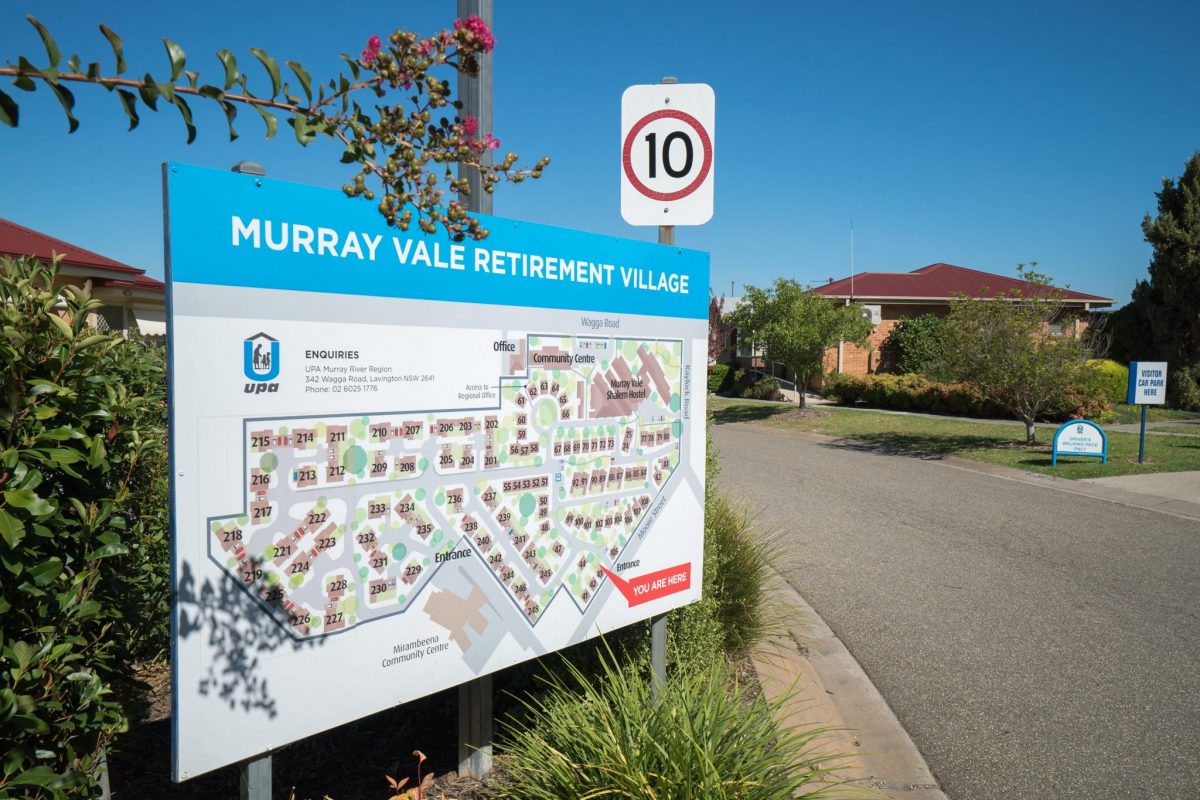
Lavington
In 1958, the first part of the plan was realised with the opening of the Murray Vale Children’s Home for up to 15 under privileged children. Just one year later on 5 December 1959 the first section of Aged Care had its origins when 9 cottages opened, which has gone on today to be known as Murray Vale Village. Today there are 94 units forming the Murray Vale Retirement Village.
Shalem Cottage, the first facility in NSW to care for people with dementia was opened in 1983. Shalem means “In peace and security”. The building was constructed at a cost of $1million. Six years later Shalem II, our second cottage for people with Alzheimer’s was opened, with substantial Federal Government funding.
The Amaroo Day Club, which provides activities for people with dementia from the community and respite for their carers, started in the early 1990’s.
In 2001 our Home Care program commenced. It now provides services to people in both Albury and Henty areas including domestic assistance, personal care, social support, transport, Meals on Wheels and at the day centre.
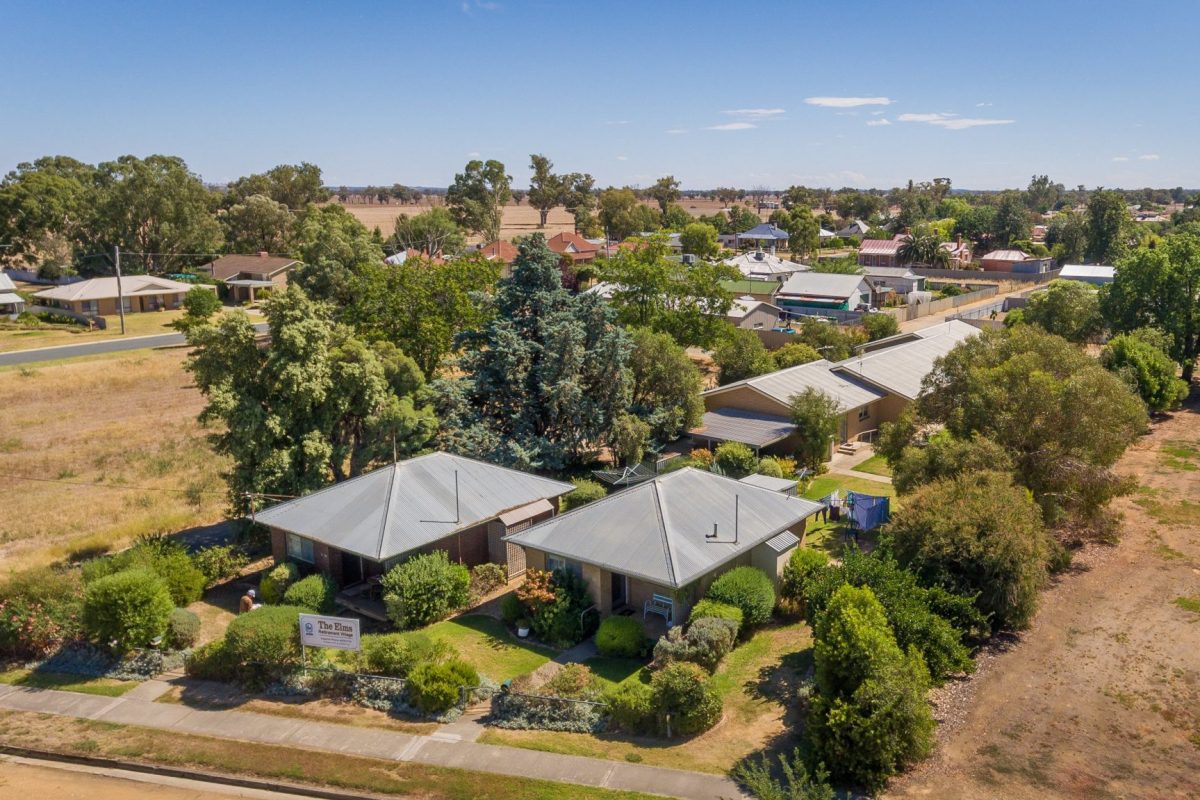
Culcairn
Developments in the Albury region continued with independent units opening in Culcairn in 1973.
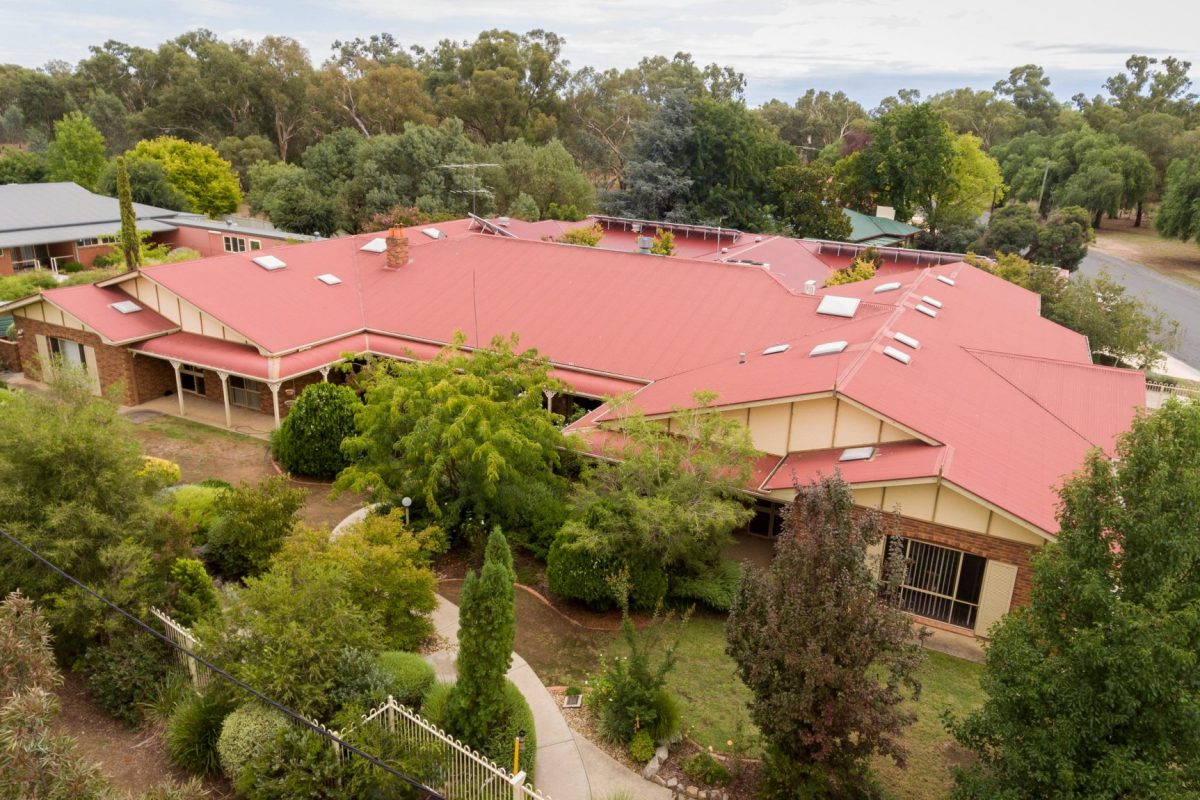
Henty
From 1986, progressively 9 cottages were opened at Henty and in 1992 Myoora Homestead, a 14 bed Hostel was opened next door.
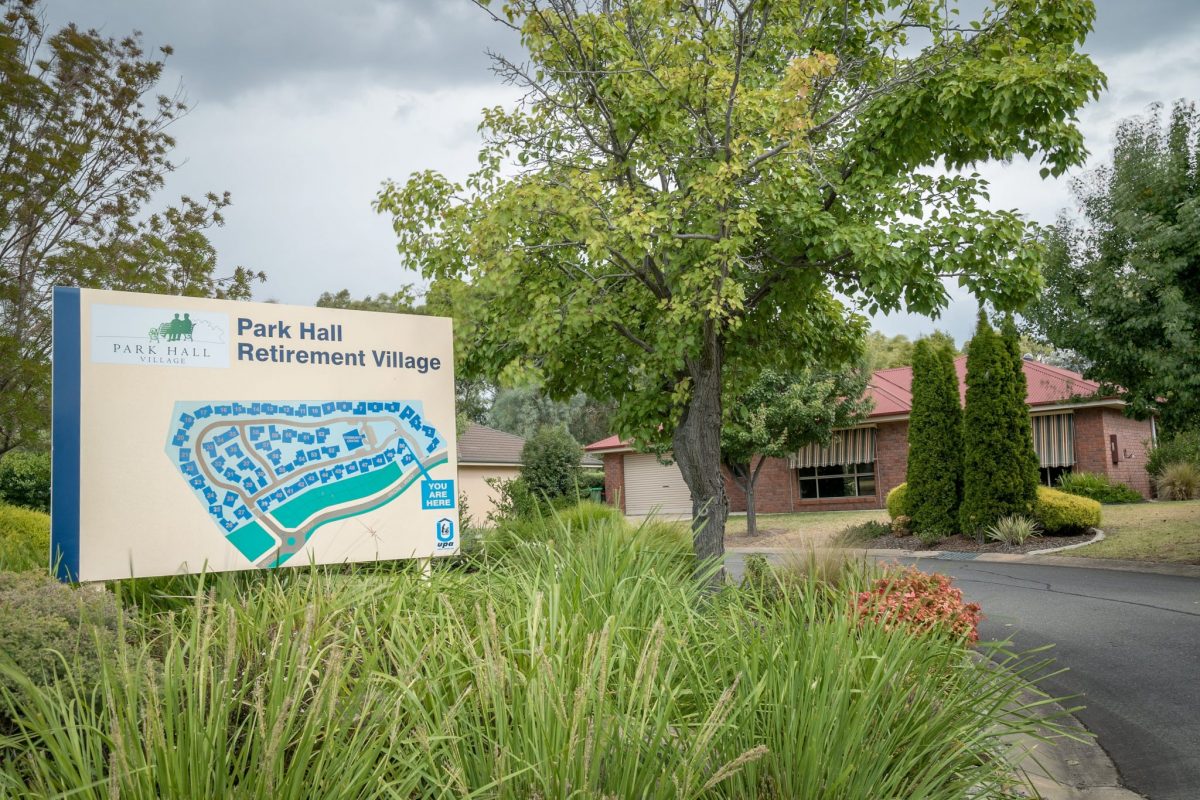
Wodonga
In 1999 UPA moved across the border into Wodonga and started construction of Park Hall Retirement Village. 60 units were completed in 2005.
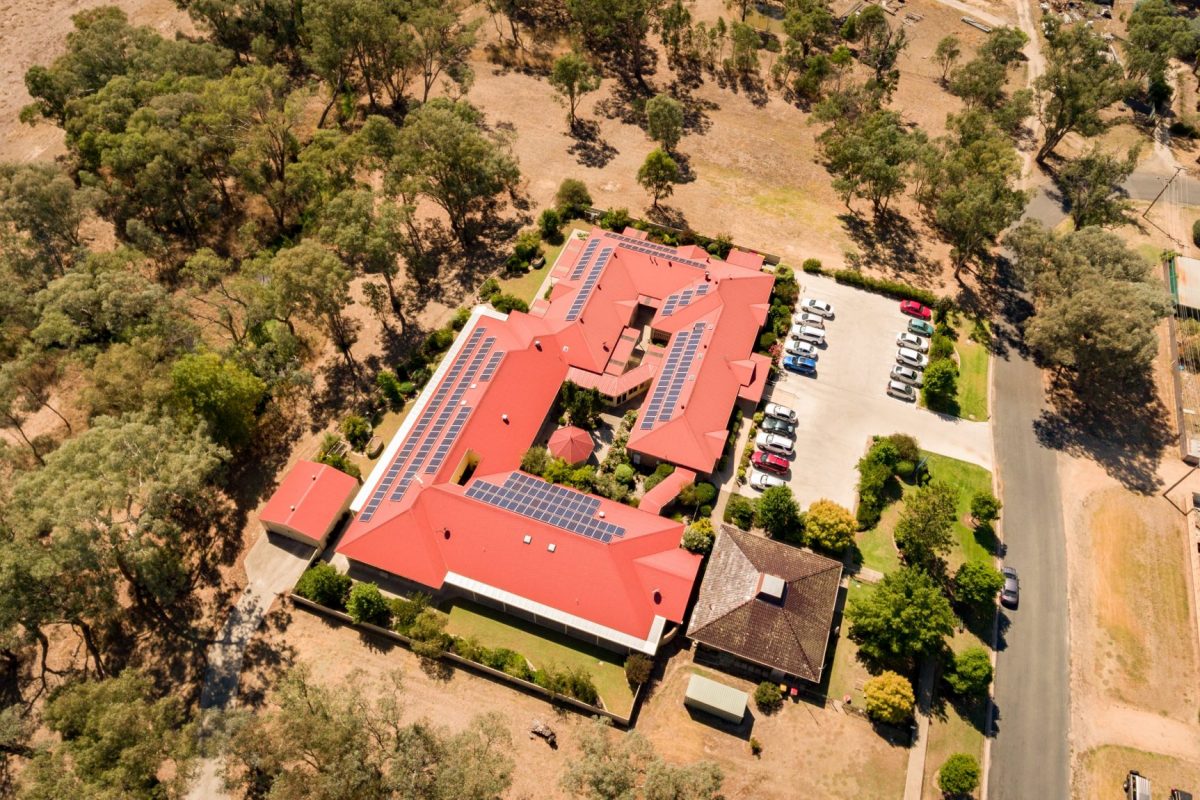
Jindera
Greater Hume Aged Care Services opened a 10 bed facility at Jindera in 2003. In 2009 the Council opened the second phase of the facility increasing the hostel by another 10 beds. UPA purchased the 20 bed facility, now called Jindera Gardens Hostel in 2012 converting a staff room to another bedroom and increasing the total current amount to 21 beds.
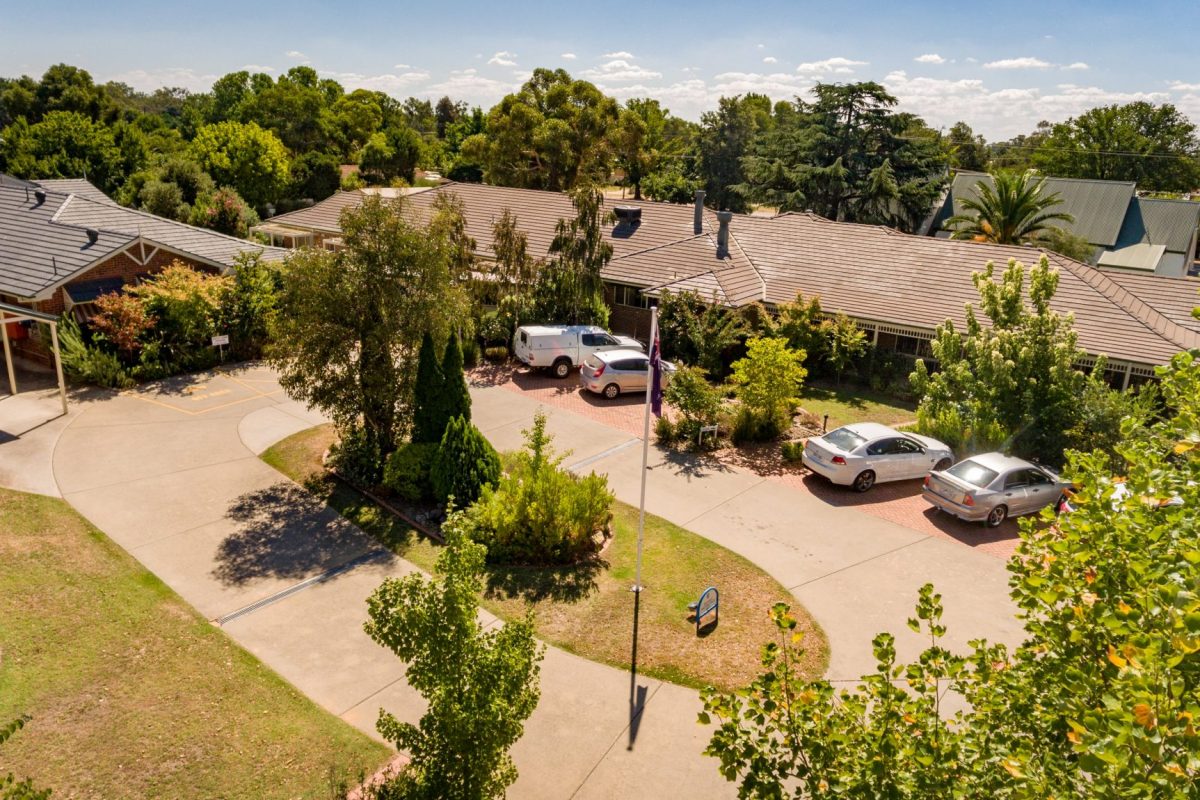
Howlong
On 14 February 2011 UPA officially took over Oolong Hostel at Howlong. The name Oolong means “meeting place of the waters” in the local indigenous language.
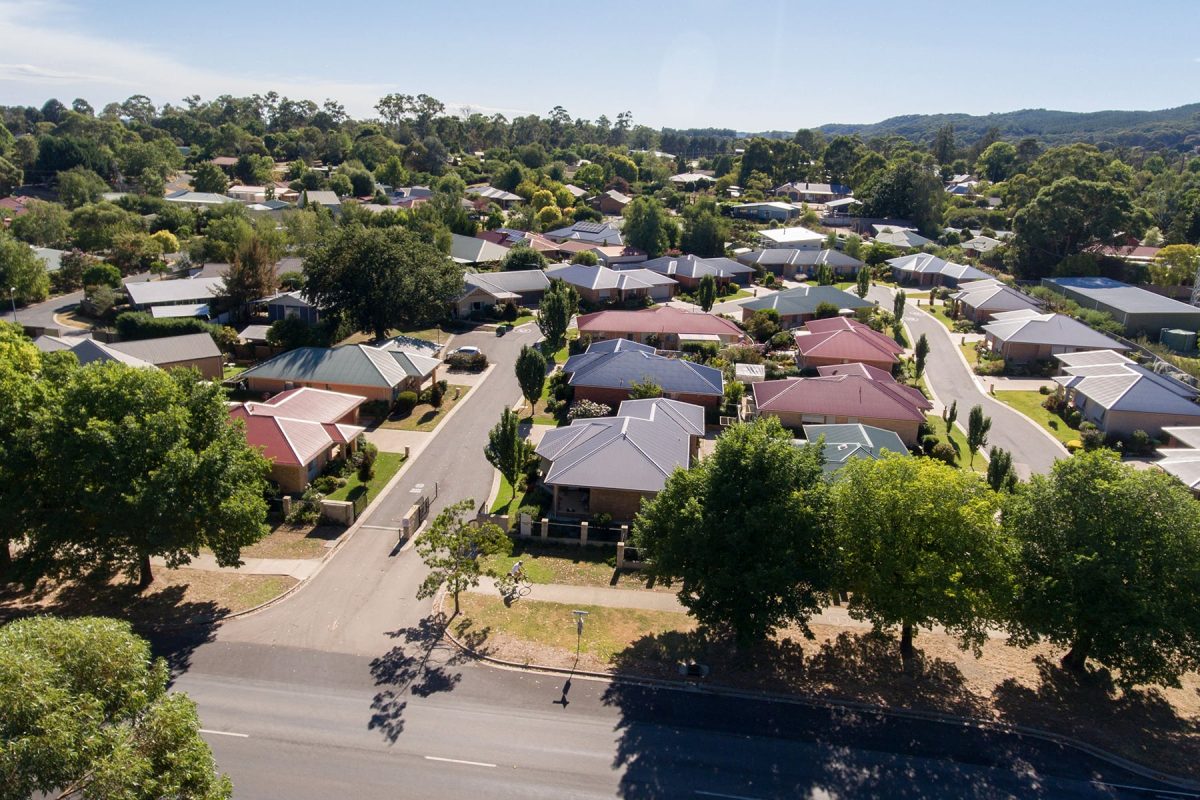
Beechworth
UPA purchased Hillsborough Village, a 17 unit independent living village in 2016.
